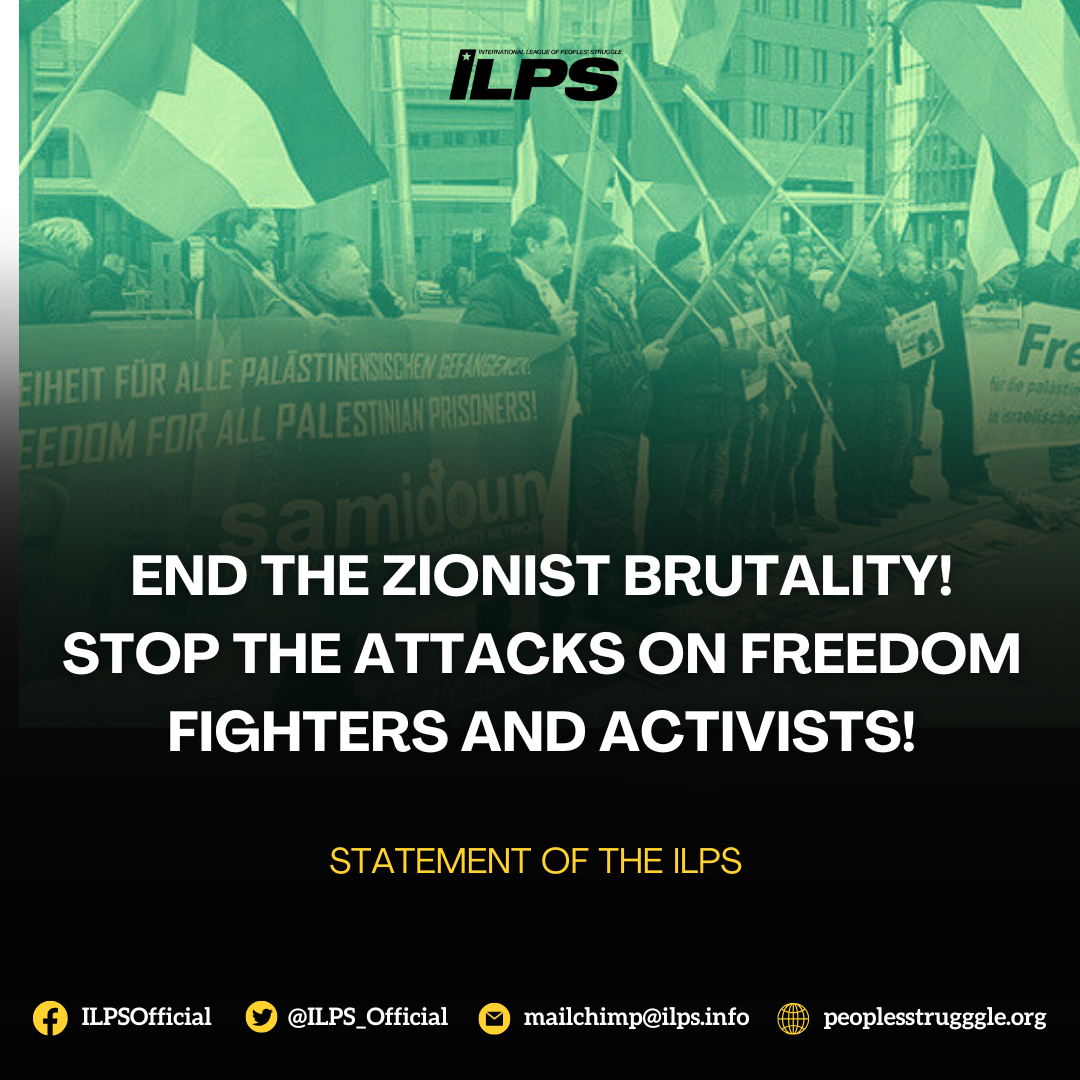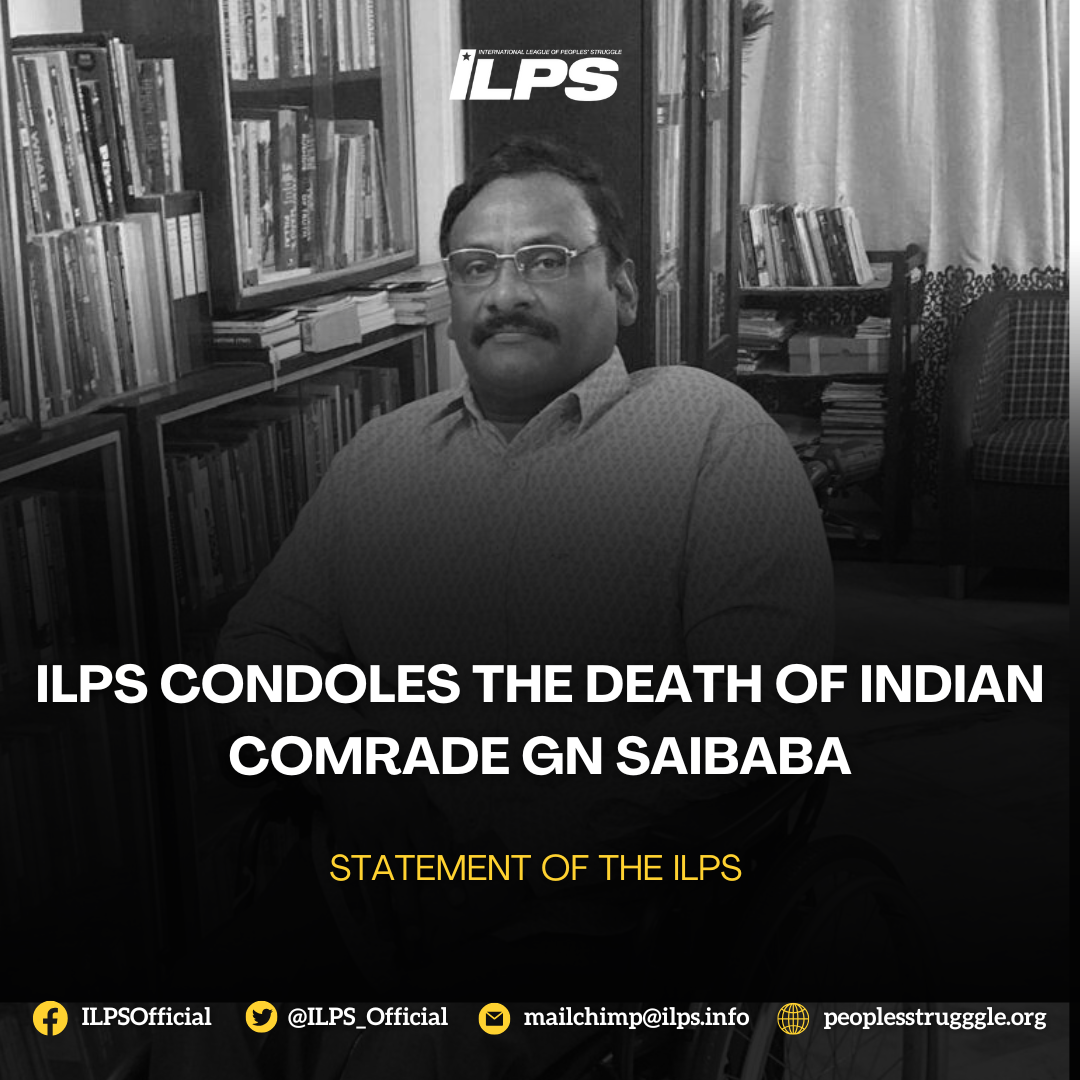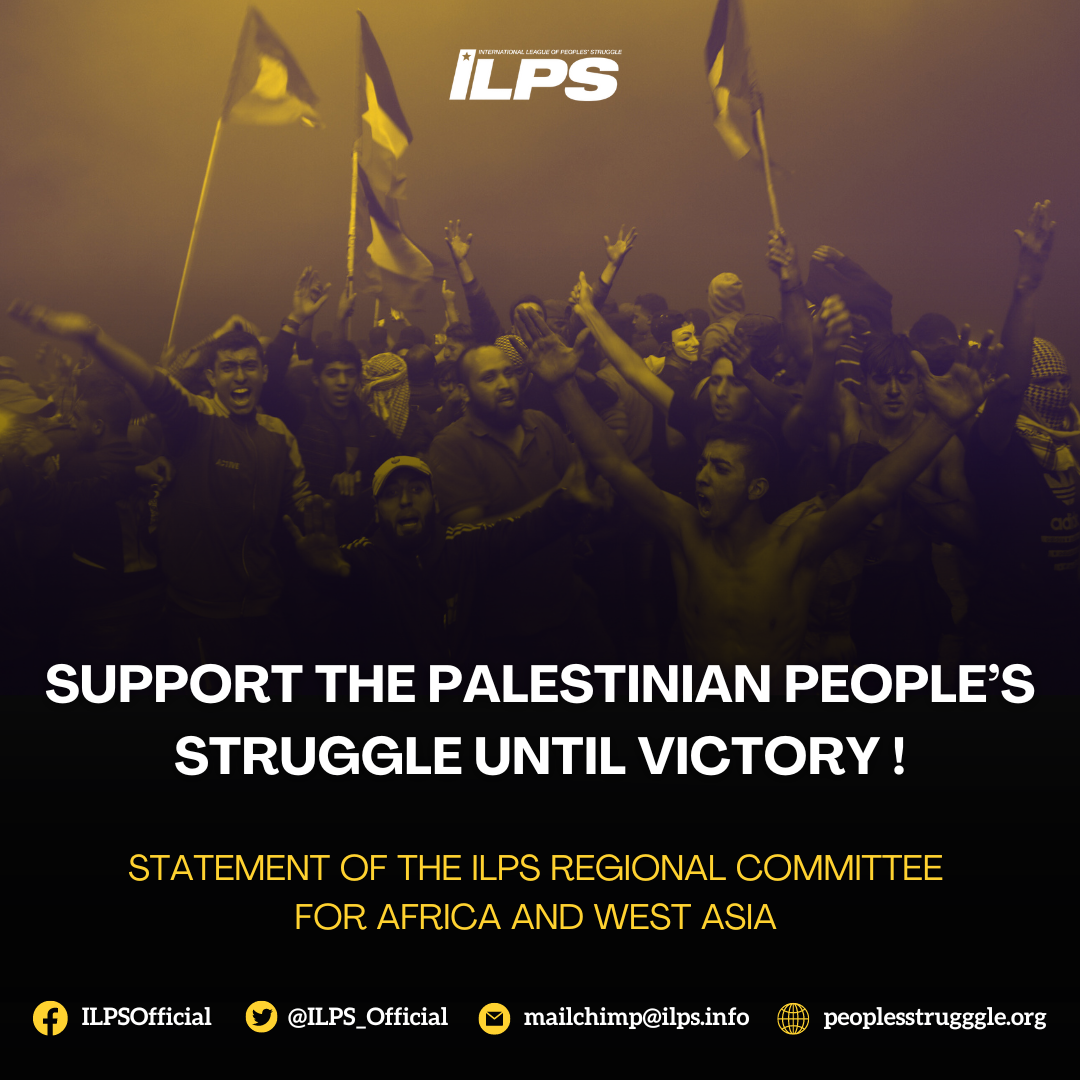Mr. António Guterres
Secretary-General
United Nations
New York, NY
Open Letter of the International Campaign
The Time Has Come: “Peace in Turkey Requires Freedom for Abdullah Ocalan”
Dear Mr. Secretary-General,
The United Nations was established to maintain peace and security, and to develop friendly relations among nations. We believe that disregard for fundamental human rights as defined in the Universal Declaration of Human Rights and related international treaties is a major source of ongoing armed conflicts, which require the involvement of the UN if they are ever to be solved. We commend your commitment to resolve violent conflicts through dialogue and negotiations and your support for peacebuilding in various countries marred by armed conflict. It is thus with great hope and expectations we approach you to help resolve one of the world’s longstanding conflicts with concomitant gross human rights violations.
The Republic of Turkey, a UN member state, poses a fundamental threat to peace and stability in today’s world. Under the Presidency of Recep Tayyip Erdogan, Turkey has become a major threat to regional and global order, pursuing aggressive foreign policy with direct military intervention in various conflict zones, thereby breaching international legal norms and regulations. Turkey’s expansionist policy in Syria and Iraq, and interventions in Libya, the Eastern Mediterranean, and the Caucasus have caused or intensified bloody conflicts, adding to increasing violations of human rights, loss of life, displacement, and instability.
Turkey has shown little regard for the basic principle of sovereignty of UN member states and has openly and repeatedly violated the territorial integrity of its neighbors and other countries. In March 2018, Turkey occupied the Kurdish city of Afrin and surroundings areas in North and East Syria. As the UN failed to condemn the Turkish invasion as an occupation and failed to take actions, Turkey has continued its occupation policy to date. In 2019, Turkey occupied the cities and surroundings areas of Ra’s al-Ayn (Serêkaniyê) Tal Abyad (Girê Sipî) in North and East Syria. The UN Independent International Commission of Inquiry on the Syrian Arab Republic published a 25-page report on 14 August 2020, presenting its findings resulting from investigations conducted between 11 January and 1 July 2020. The report documents how the Turkish-backed Syrian National Army may have committed war crimes of hostage-taking, cruel treatment, torture, and rape in Afrin and the surrounding area.
The Turkish state’s domestic and foreign policy is characterized by misogyny, discrimination, and oppression, and the Turkish state and military have an established record of systematic and grave human rights violations against imperiled religious minorities including Yazidis, Christians, and Alawites, and against defenders of human rights and democratic opposition including those of Islamic faith. These are just a few examples how Turkey, a UN member state, is willfully ignoring its international obligations. In the last year alone, many international organizations, including the European Parliament, the Council of Europe, the European Council, NATO, and the Arab League, as well as the UN Human Rights Council and international human rights organizations held special meetings or issued reports in which they rightly condemned Turkey’s democracy backsliding and human rights violations.
We believe that the time has come to urge Turkey to comply with its obligations according to International Humanitarian law, and particularly to abide by UN treaties to which Turkey is a signatory. The Turkish government has declared martial law and thereby abrogated international law with respect to the Kurds in Turkey. The Turkish Armed Forces constantly and systematically attack Kurdish areas in north and east of Syria and in northern Iraq with impunity, risking the lives of civilians, and building and maintaining bases and outposts in these regions. This is a blatant violation against the principle of national sovereignty, which the UN seeks to uphold.
Since its foundation, Turkey has implemented a harsh and uncompromising policy of official denial of the existence of the Kurdish people, their distinct identity and culture although it is the largest non-Turkish nation within Turkey’s modern borders. This campaign of denial and persecution has included extrajudicial executions, kidnappings, the destruction of thousands of villages, and other human rights violations. As a direct consequence of this policy, an armed conflict between the Turkish Armed Forces and the Kurdistan Workers’ Party (PKK), broke out which has now lasted nearly four decades. This conflict has been variously characterized as a non-international armed conflict by many specialized organizations and international experts, including the highest court of Belgium. There have been several national and international initiatives to resolve this armed conflict in a peaceful manner, all of which have been welcomed and supported by the leader of the PKK Mr. Abdullah Ocalan, who founded the PKK in 1978 and has been imprisoned in isolation now for over 20 years. Mr. Ocalan, accepted by millions of Kurds as the legitimate representative of the Kurdish people and the leader of their resistance against Turkish state oppression, played a central role in discussions of a peaceful solution from 2013 to 2015 with the Turkish government. He is indisputably the interlocutor of an honourable and effective peace. The freedom for the Kurdish people’s leader Mr. Abdullah Ocalan is vital to the solution of the Kurdish question.
For a peaceful solution of the Kurdish question and, more broadly, to protect human rights and ensure the implementation of humanitarian and international law, the United Nations must engage with Mr. Ocalan and, as a first step, immediately address the isolation and inhumane prison conditions endured by Mr. Ocalan and engage for his immediate release.
Despite the uncompromising policies of the Turkish government and their aggressive actions against those who stand for dialogue and promote peace initiatives, the Kurdish people continue to demand a peaceful and democratic solution to the Kurdish question. Across the country, the Kurdish people are punished with martial law, and Kurdish People’s leader Mr Abdullah Ocalan, who has repeatedly shown his interest in working for peace and justice in Turkey, faces continued isolation and solitary confinement. Furthermore, the implementation of Abdullah Ocalan’s strategy of democratic, gender-equal society and the coexistence of the ethnic and religious societies by the Kurds had led to a new hope for peace.
The Committee for the Prevention of Torture (CPT) of the Council of Europe confirmed our assertions concerning Mr. Ocalan’s inhumane prison conditions in their August 2020 report, which included a discussion of the conditions of the Imrali Island F Type Closed High Security Prison where he has been held since 1999. Regarding the conditions at Imrali, a total ban on contacts with the outside world (including correspondence) was imposed on all prisoners held at Imrali Prison, which resulted in a type of incommunicado imprisonment. The CPT stated that “such a state of affairs is not acceptable and clearly contravenes various relevant international human rights instruments and standards”. Turkey’s Law on the Execution of Sentences and Security Measures (LESSM), was found by the CPT to be fundamentally flawed and should be revised not only at Imrali Prison, but in the prison system as a whole. All requests by lawyers, and nearly all requests by family members, to visit Mr. Ocalan have been denied since October 2014. This represents a clear violation of basic human rights. We recall the report by UN Special Rapporteur Juan Méndez to the UN General Assembly in October 2011, where he stated that solitary confinement “can amount to torture or cruel, inhuman or degrading treatment or punishment when used as a punishment” and called on all countries to ban this practice except in very exceptional circumstances, where it should be used for as short a time as possible. The CPT once again called upon the Turkish authorities to carry out a complete overhaul of the detention regime applied to prisoners sentenced to aggravated life imprisonment in Turkish prisons, in the light of the precepts set out in paragraphs 82 to 84 of the report on the 2013 visit, as the current detention regime in Turkey are contrary to the United Nations Standard Minimum Rules for the Treatment of Prisoners (Nelson Mandela Rules).
For the sake of peace and stability in Turkey and the region, we are requesting that you activate the OHCHR Committee Against Torture to immediately investigate and address the prison conditions of Mr. Abdullah Ocalan within the framework of the UN Convention against Torture and Other Cruel, Inhuman or Degrading Treatment or Punishment, which was signed and ratified by Turkey in 1998. We also ask you to use all of your authority as the UN Secretary General to engage for the immediate release of the Kurdish People’s leader Mr. Abdullah Ocalan. At this critical juncture, we strongly urge the UN General Assembly to launch an initiative to facilitate peace talks and call on Turkey to respect its obligations under international law.
Sincerely,
Kurdish Human Rights Action Group (KHRAG) in South Africa
Congress of South African Trade Unions (COSATU)
______________________________
Please add your signature to the letter
and send to:
Mr. António Guterres, Secretary-General United Nations, UN Headquarters, S-3800, New York, NY 10017. USA. Via email: [email protected]
with copies to Dr. Michelle Bachelet , UN High Commissioner for Human Rights Email: [email protected]
UN Committee Against Torture Email: [email protected] and Mahmoud Patel, Chairperson, Kurdish Human Rights Action Group (KHRAG) Email: [email protected].



